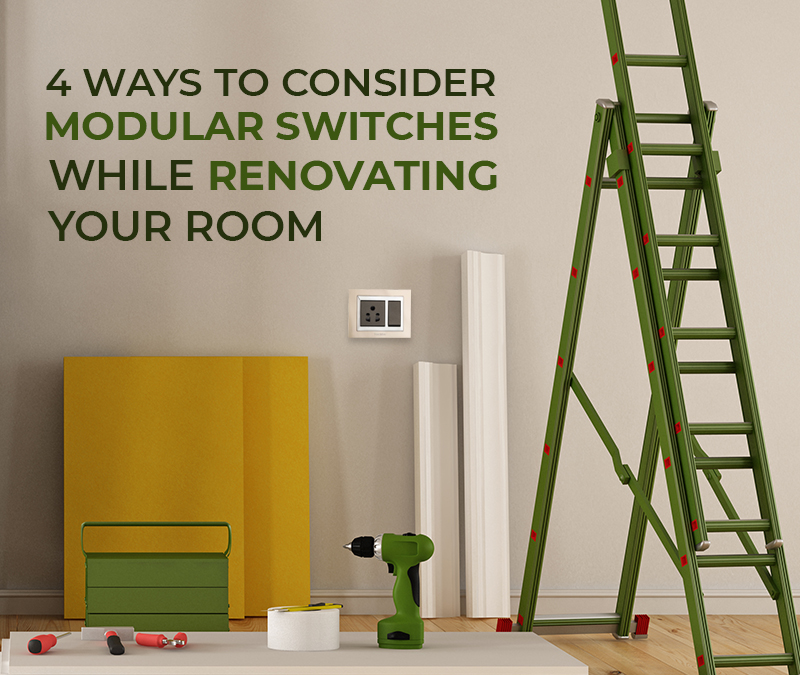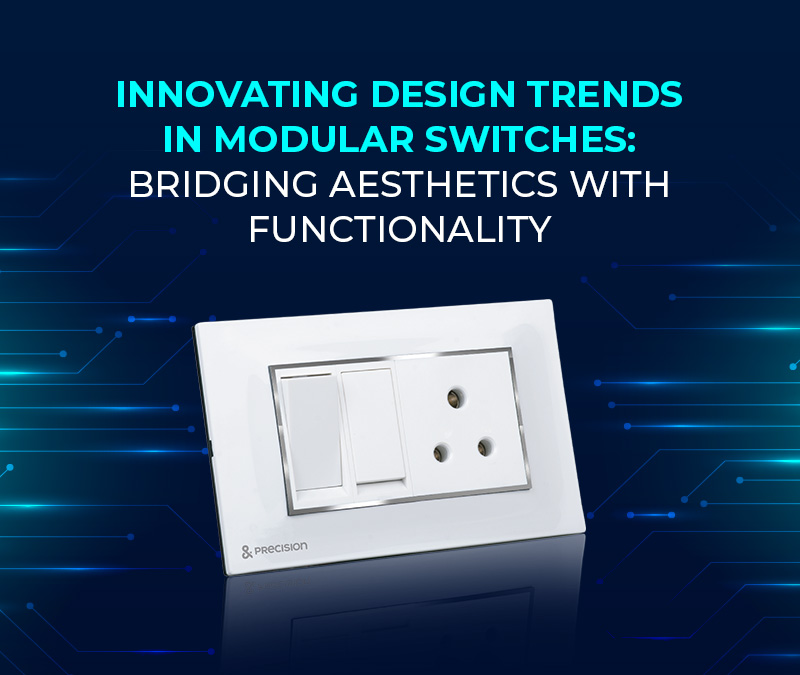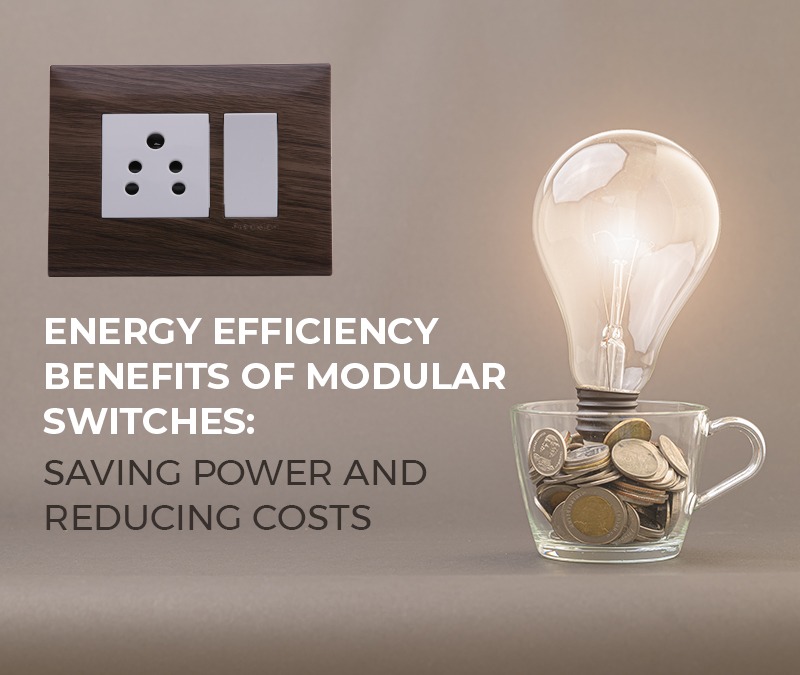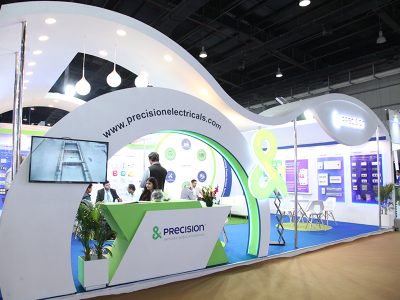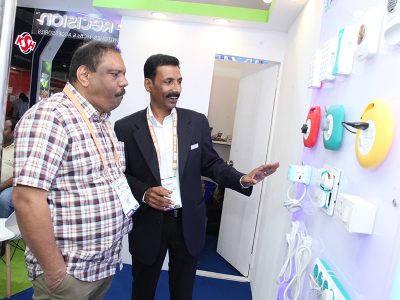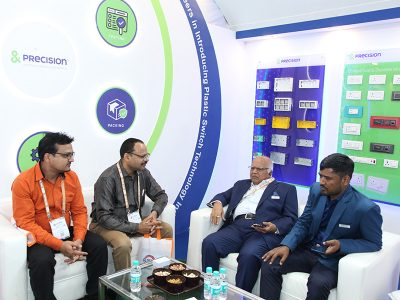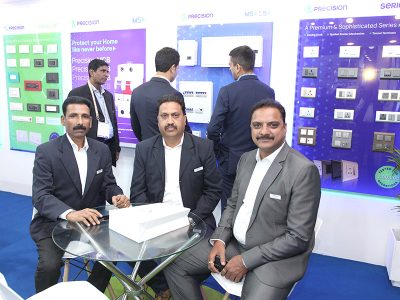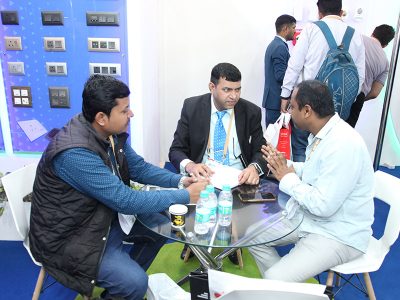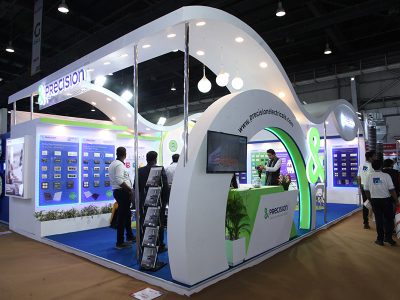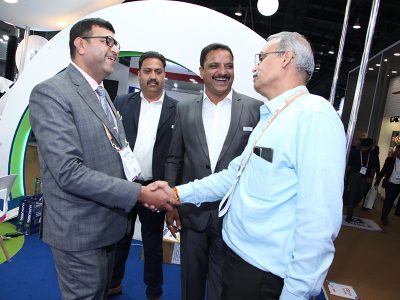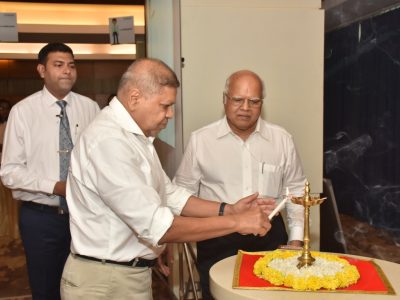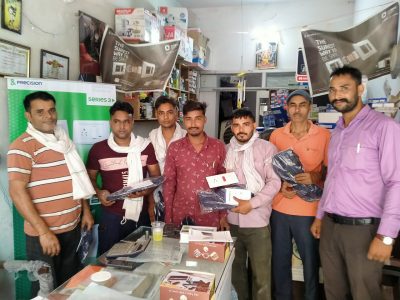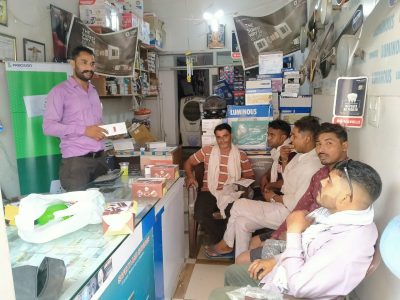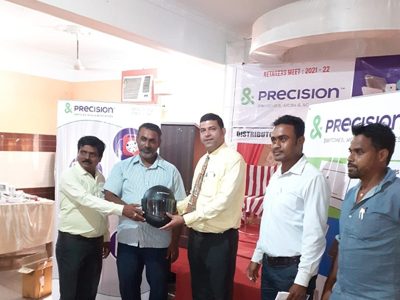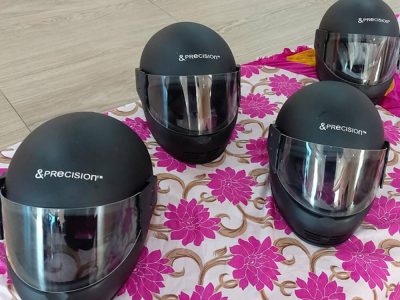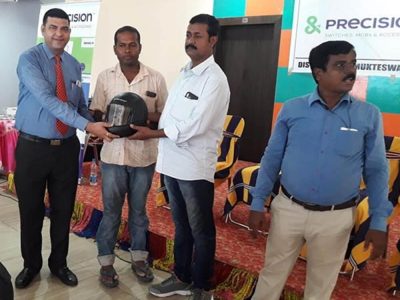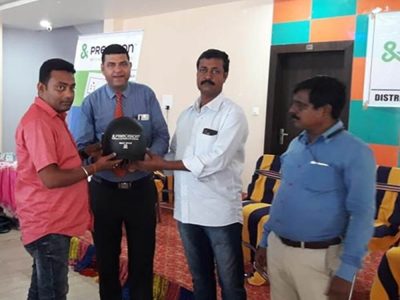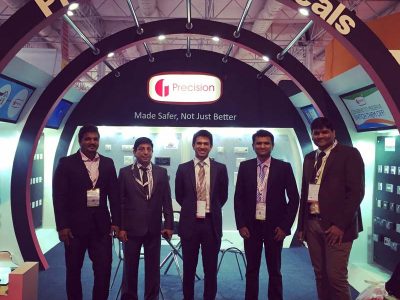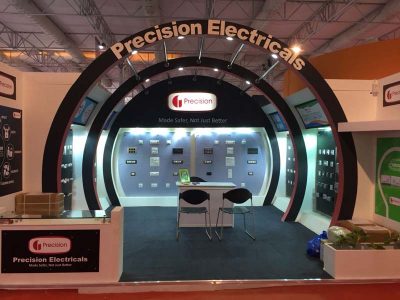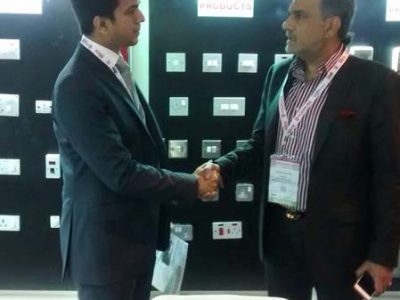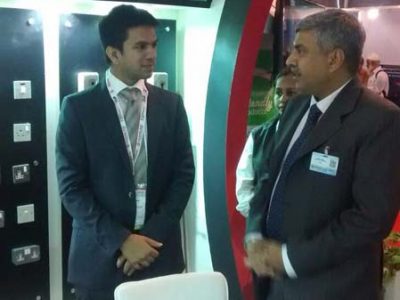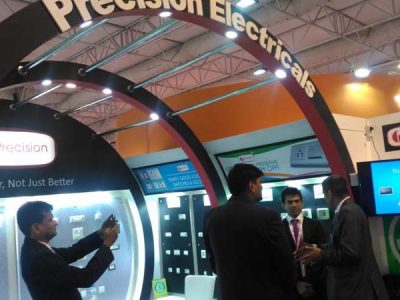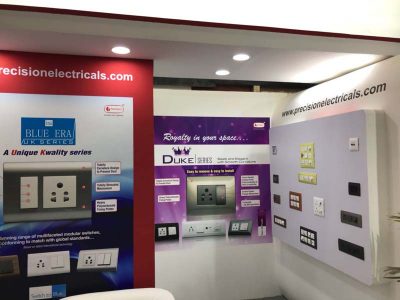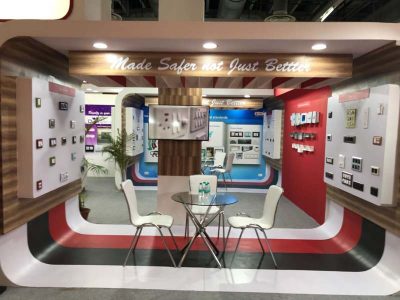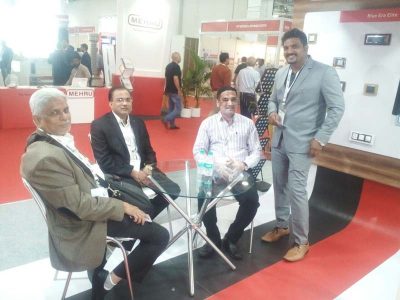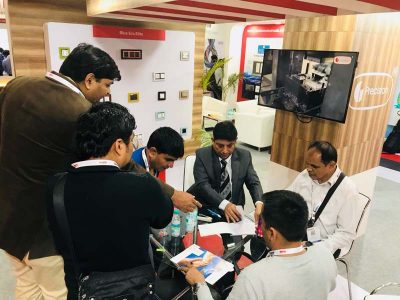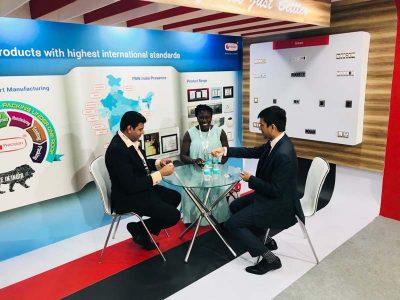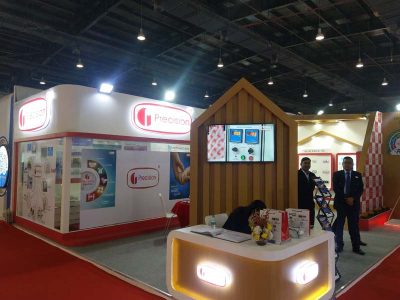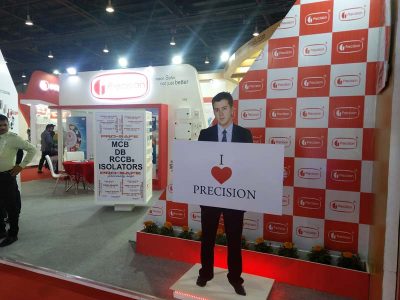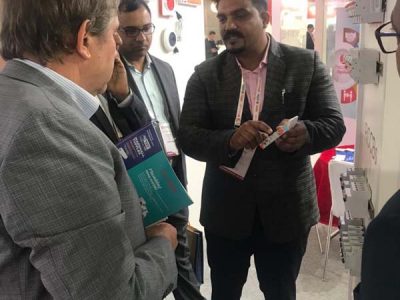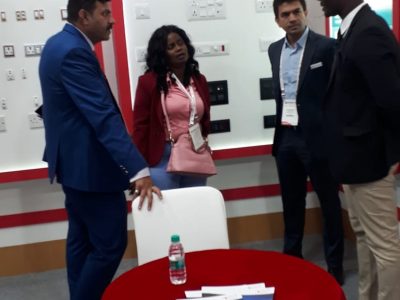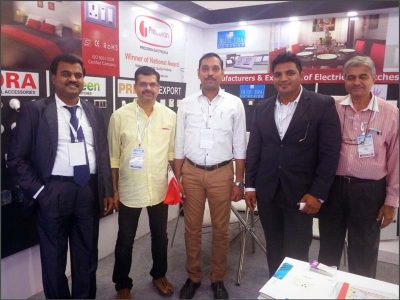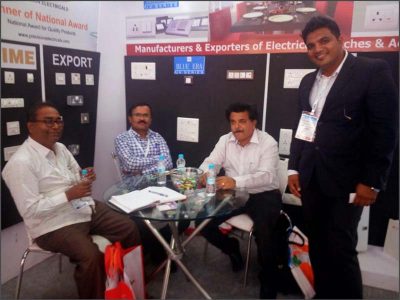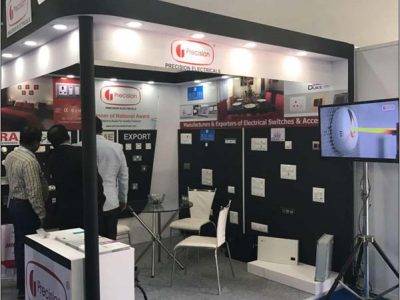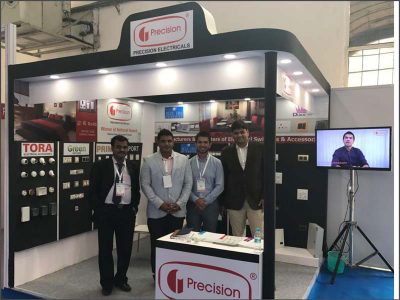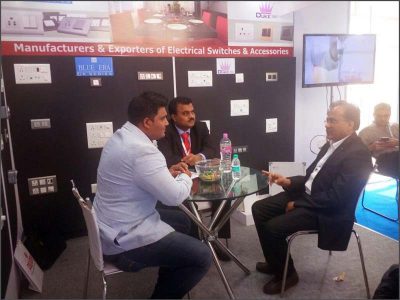
Electrical Safety in this Festive Season
October 29, 2021
6 Major Differences Between Fuses & Miniature Circuit Breakers
January 4, 20224 Ways to Consider Modular Switches While Renovating Your Room
Most experts in the real estate business recommend renovation every 7-10 years, to keep one’s property values ahead of the market.
While some homeowners make ambitious changes to the structural elements of their house, the majority of us keep our objectives moderate.
Instead of spending a lot of money on the whole house, we choose to modernize our home’s aesthetic step by step, focusing on renovating certain rooms to keep our expenses low and our creativity high. We break up non-structural walls to open up space, grout and waterproof disorderly surfaces, touch up on old ornamental elements, and install new ones.
But there is another oft-ignored element that we could also look deeper into: the electrical system of the house. While the basic layout of the electrical circuitry should generally be kept as is, we can always add new outlets and upgrade to modular electrical switches and plates.
You may have heard already: modular switches are the new rage in the market. And there are 5 aspects you would want to know about them, before purchasing a set for your new room.
Safety: Standards-Compliance, Fire Retardant Material, Shutters
Every homeowner expects a reasonable level of safety within their walls.
There are several factors to consider when making a choice on your modular switches.
The first one is fairly obvious: make sure your switches have the standards-compliance mark of the Indian Standards Institution (ISI). This ensures that the quality you are receiving is up to the national standard for industrial products like switches—devices whose malfunctioning can cause fire. You want all the reassurance that these switches are very resistant to common problems.
The second factor to consider is the material. Modular switches are generally made of fire-retardant polycarbonate with a high melting point, and this ensures an even smaller chance of accidental fire in the house.
The third and most important factor is shuttering. Generally, all ISI-marked modular sockets are shuttered, to prevent children and unaware people from accidentally touching live electrical parts inside the socket. But, in case the ISI-mark is not genuine, you can easily check if the shuttering is there below the surface of the pin-hole.
Adaptability: Multiple Socket Types, Dimmers, Regulators
The Indian household generally uses the Type D plug and socket. But, as the market has become more globalized in the last decade or so, many houses and hotels are purchasing versatile modular switches and their sockets, which can hold multiple options like Type A, B, C, E, F, G, etc. Type A and B sockets are generally useful for Americans, while Type F and G sockets are useful for Brits.
Another adaptability factor that modular electrical outlets contribute to your new-looking room is the regulation of lights and fans. When looking for the best customization options in your room, mood lights come near the top of the list. A modular dimmer not only blends well into the surrounding cover plate, but also allows you a full range of light intensities to choose from.
Visuality: Match Switch Plates to Room Themes
When you compare modular vs. non-modular switches, the main feature that stands out is the visual aesthetic. Modular switches, far and away, have better visual offerings. They boast hidden screws; blend into the wall with customized aesthetic options; and can be oriented in whichever direction you crave.
The first step is to know what texture, colour, materiality of switch plates will suit your interior theme. Given the wealth of options available, it can lead to confusion, so it’s advisable to ask the professional opinion of an interior designer/decorator. They can give you recommendations on the type of modular switch your room needs.
Long-time modular electrical switches manufacturers, through digital software, allow you to visualize how the switch will present against your room. You can find glossy, wooden, metallic, plastic, and matte finishes to your plates and switches. For example, if your room has a pastoral look to it, your modular switches can use the wooden theme.
Reliability: Trust in Known Brands and Look for Testing
When picking modular switches, make sure to shortlist the ones that are tested for more than 200,000 clicks. These tests denote reliability and a larger lifespan. Modular switches, generally being of a higher quality than non-modular switches, should have a decent number to them. Another thumb rule: the switches which click softer generally are better off, as they avoid most of the damaging friction involved in the process.
The last factor to consider is the brand of modular switch you’re buying. Trusted brands churn out trusted products, as they have a good reputation to maintain within their customer base. An experienced modular switches manufacturer like Precision Electricals falls within this parameter. As family members, friends, and other guests come to your home in the festive seasons of Diwali and Christmas, you might want to show off a new look to your rooms. If you are doing so, contact us, and we will serve you with a broad range of elegant modular options to choose from.


